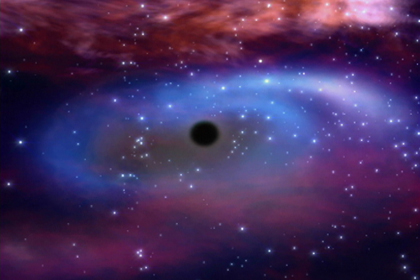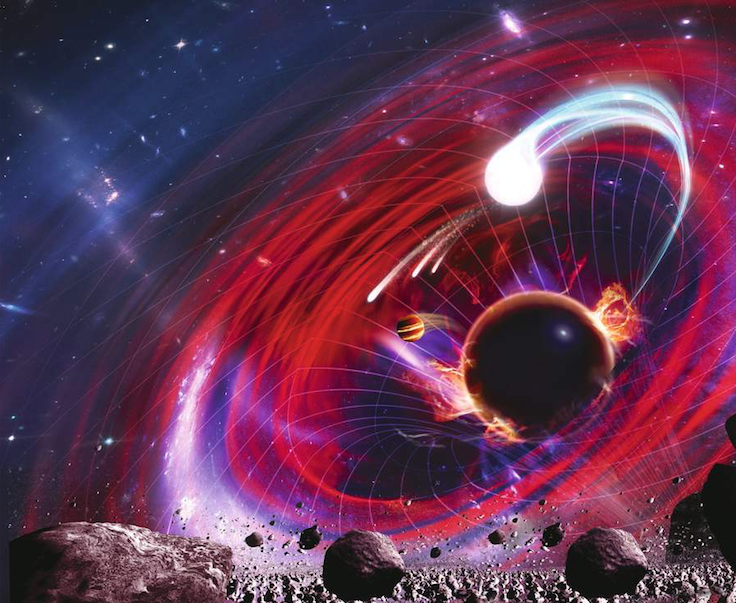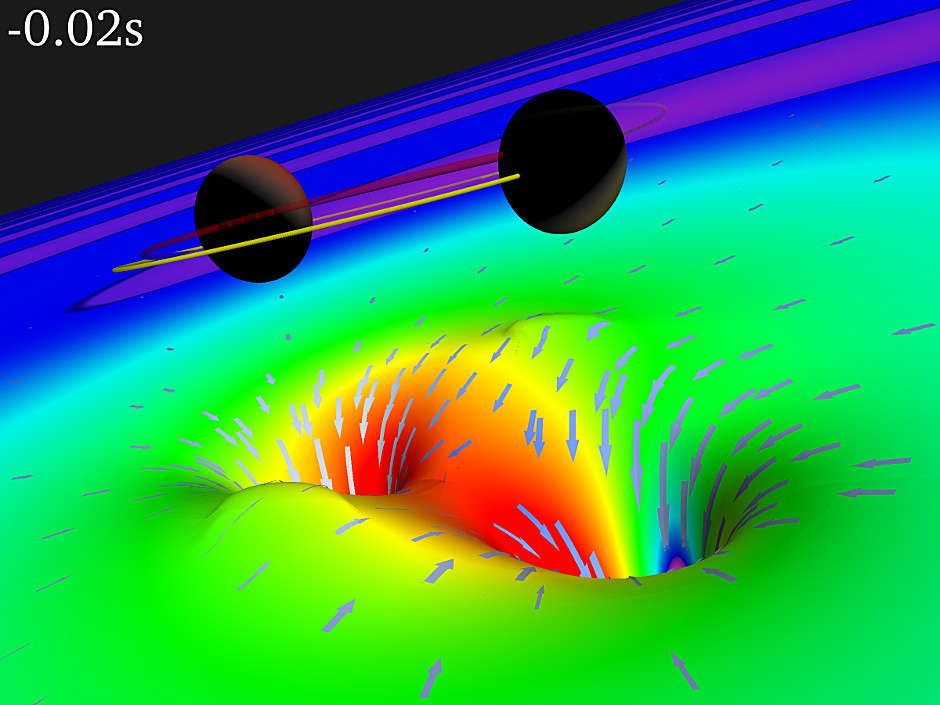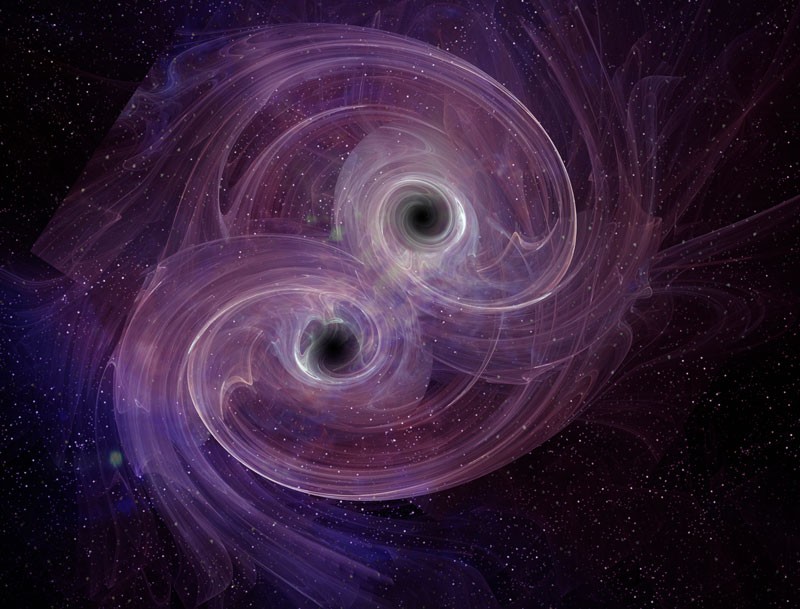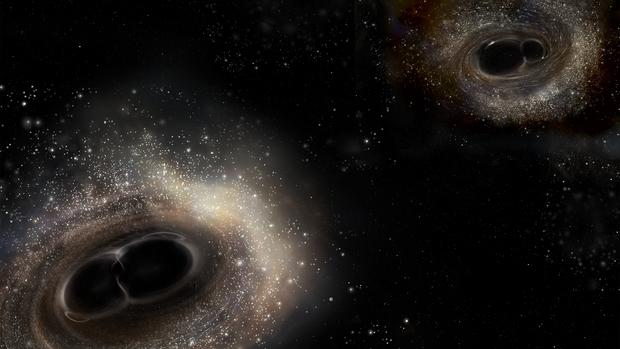Unbelievable Tips About How To Detect Black Holes
/https://tf-cmsv2-smithsonianmag-media.s3.amazonaws.com/filer/fc/44/fc442e35-f963-42b5-addf-c7fa93490e65/general_nsbh_merger.jpg)
The waves they catched from space originated from two black holes that merged 1.3 billion light years ago in a distant galaxy.
How to detect black holes. Scientists can detect black holes by looking at the motion of stars and gas nearby as well as matter accreted from its surroundings. Black holes are extremely hard to detect simply because they do not reflect light. One way to detect a black hole is by detecting its gravitational effect on the lights of objects nearby.
This matter spins around the black hole,. At that rate, the typical black hole would take 10^100. Then they use newtonian physics and a series of equations to measure the mass and.
A black hole is a huge ‘gravity well’ where matter distorts the structure of space and time so severely that even light rays can no longer travel in a straight line, but rather follow a. Hello and welcome to what da math!in this video, we will talk about various ways we can detect black holes using modern technology and how we could see them. The gas molecules in the.
Astrophysicists first look for compact, massive, dark objects in the center of nearby galaxies. Additionally, a group of researchers. A black hole (as any other very massive object) acts as a gravitational lens (.
In general, however, they are discovered by detecting the surrounding materials such as gas that. Black holes are detected as surrounding material (like gas) is funnelled by the force of gravity into a disk around the black hole. Another trick for finding black holes involves gravitational lensing where the gravity of the black hole bends light from behind it as it passes by on its way to earth:
9 hours agoin 1916, karl schwarzchild theorized the existence of black holes as a resolution to einstein's field equations for his theory of general relativity. The force of gravity swirls the excess gas around at incredibly high speeds, and it is ejected into space from both poles of the black hole. Finally, soon we may be able.
